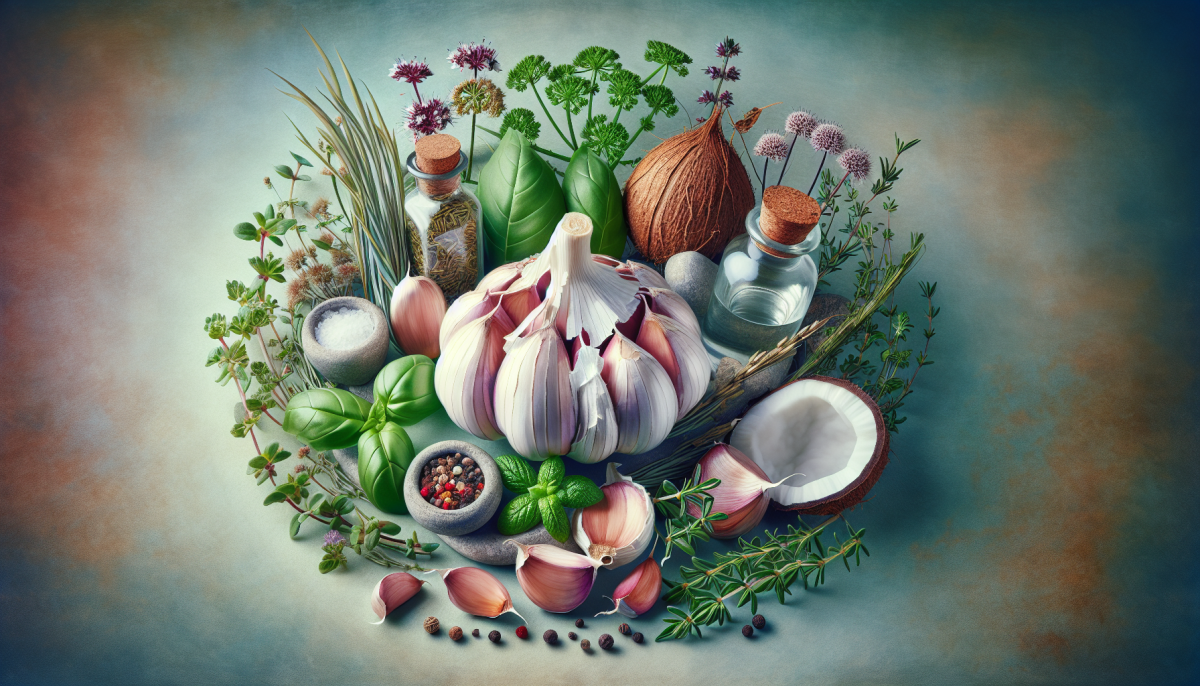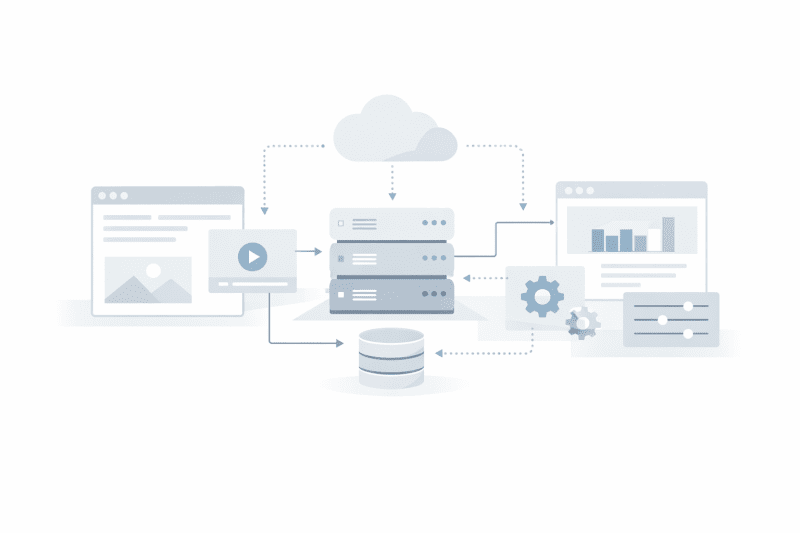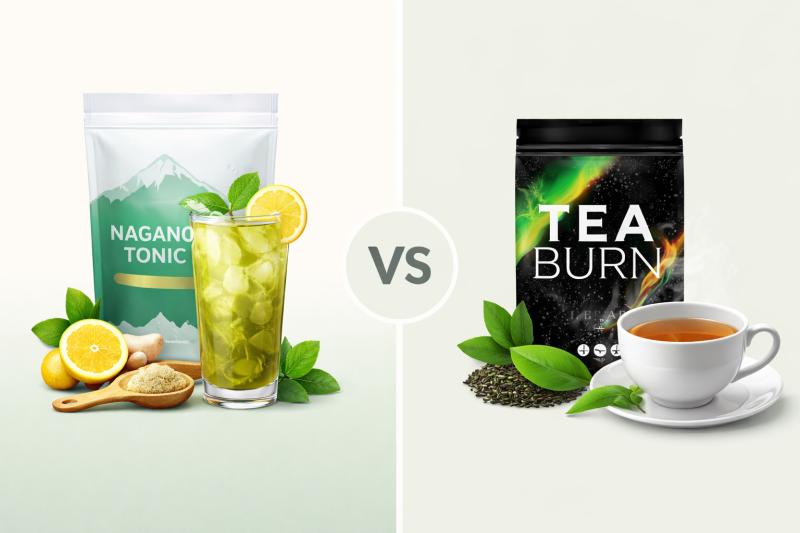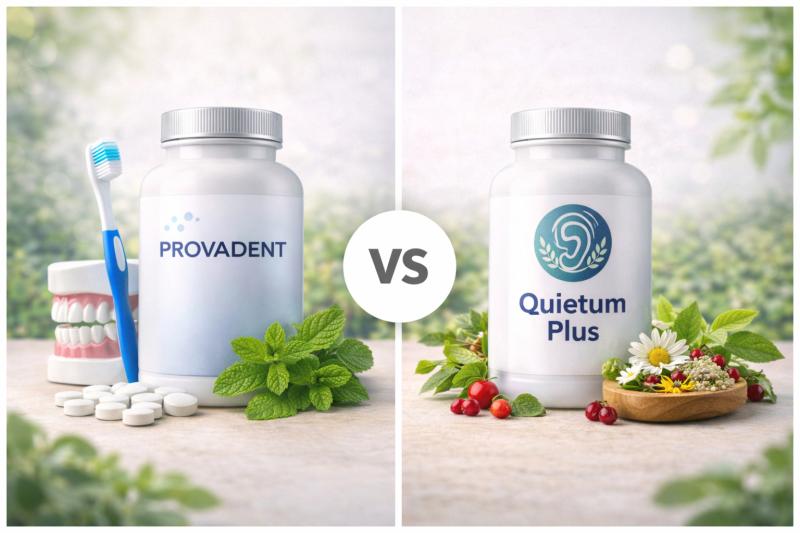Have you ever found yourself dealing with the uncomfortable itch of a yeast infection? You’re not alone! Yeast infections are super common and can affect anyone, though they tend to be more frequent in women. Understanding what causes them can help you tackle the problem effectively.
So, what causes these pesky infections? At the core, they occur when the natural balance of yeast and bacteria in your body is disrupted. This can happen for several reasons:
- Antibiotics: While they fight off harmful bacteria, they can also wipe out the good ones, allowing yeast to flourish.
- Hormonal changes: Fluctuations during your menstrual cycle, pregnancy, or menopause can create the perfect environment for yeast growth.
- High sugar diet: Yeast thrives on sugar, so too many sweets can contribute to an overgrowth.
- Moisture: Yeast loves warm, damp places, which is why tight clothing and not changing out of wet clothes quickly can lead to infections.
Navigating through the world of yeast infections can feel daunting, but knowing what causes them is a great first step. If you're dealing with one, rest assured there are natural solutions out there that can help you reclaim your comfort.
Natural Remedies You Can Trust
When it comes to dealing with yeast infections, many people are looking for gentle and effective solutions. Natural remedies can be a great option, offering relief without the harsh side effects that some medications bring. Here are a few remedies you can turn to with confidence.
Probiotics: These beneficial bacteria are like little superheroes for your gut! Eating yogurt with live cultures or taking a probiotic supplement can help restore the natural balance of your body. It’s all about maintaining those healthy bacteria that keep yeast in check.
Garlic: This powerful bulb is more than just a flavor booster for your meals. Garlic has antifungal properties that can be helpful in treating infections. You can include it in your diet or look for supplements if you're not a fan of the taste. Just remember to start slow if you’re new to it.
Apple Cider Vinegar: Many people swear by apple cider vinegar for its wide variety of health benefits. Adding a couple of tablespoons to a glass of water can help balance your body's pH levels. Some folks even use it in baths to help soothe irritation. Just be sure to dilute it before use!
Coconut Oil: This oil is not only great for cooking but also for its antifungal properties. Applying it topically can help soothe irritated areas. Plus, it has moisturizing qualities that can be beneficial for skin health. Just make sure you're using pure, organic coconut oil for the best results.
Tips for Boosting Your Immune System
Boosting your immune system is key when tackling yeast infections, and there are simple ways to help your body defend itself naturally. Here are some tips that can work wonders without feeling overwhelming.
Stay Hydrated: Water is your best friend. Keeping hydrated helps flush out toxins and supports all body functions. Aim for about 8 glasses a day – more if you’re active. Herbal teas can also be a great hydrating option with added benefits.
Load Up on Probiotics: Probiotics are the good bacteria that help balance your gut. You can find them in yogurt, sauerkraut, and kombucha or take a supplement if that suits you better. They not only support digestion but also crowd out harmful bacteria.
Eat More Fruits and Vegetables: A colorful plate is a happy plate! Fruits and veggies are rich in vitamins and antioxidants that strengthen your immune system. Berries, citrus fruits, leafy greens, and garlic are particularly beneficial – so try to include a variety in your meals.
Manage Stress: Stress can weaken your immune system. Make time for activities that relax you, whether it's yoga, meditation, or simply enjoying a good book. Small breaks throughout your day can also help keep stress levels in check.
When to Seek Professional Help
While there are plenty of natural remedies that can help with yeast infections, there are times when it’s smart to reach out to a professional. If you’ve tried a few things at home and nothing seems to be working, it might be time to consult a doctor. Persistent symptoms can sometimes signal a more serious issue that requires medical attention.
Another reason to seek help is if you're experiencing severe discomfort, such as intense itching or burning. Those sensations can make daily life a challenge, and it’s important to find relief. A healthcare provider can guide you on the best course of action to take.
Also, if you notice unusual symptoms like a change in skin color, bruising, or unusual discharge, don’t hesitate to visit a professional. These signs could indicate something more than just a yeast infection. It’s better to be safe and get everything checked out.
Lastly, if yeast infections are a recurring problem for you, make an appointment. Frequent infections could suggest imbalances that need to be addressed, and a healthcare professional can help you figure out the right treatment options for your specific needs.




